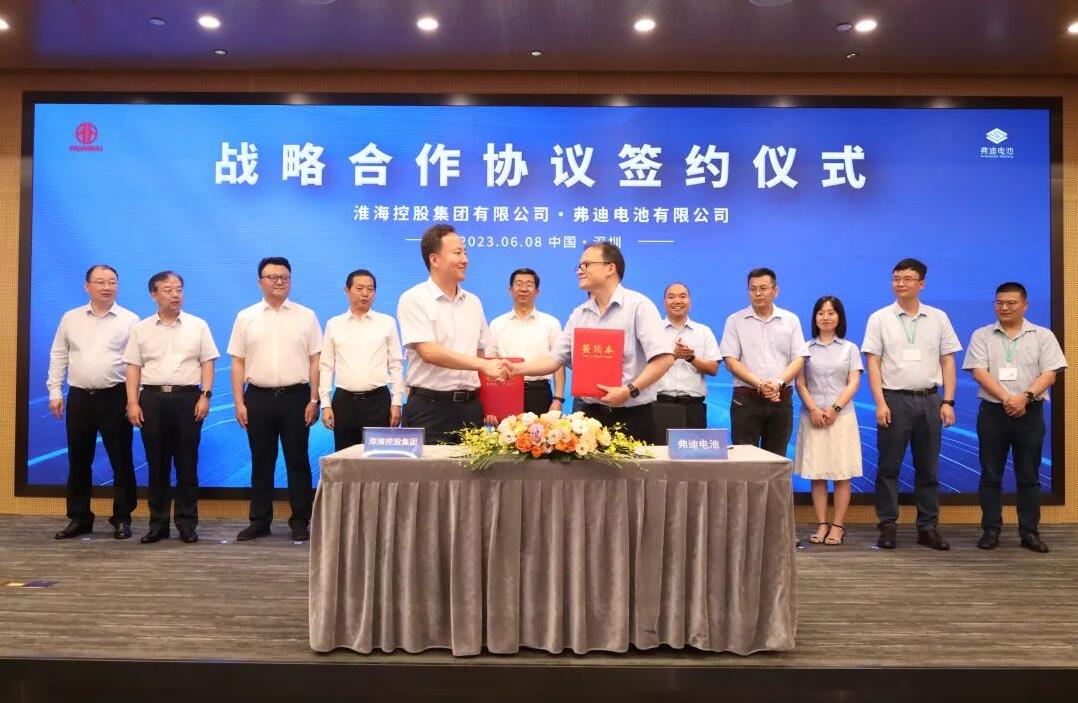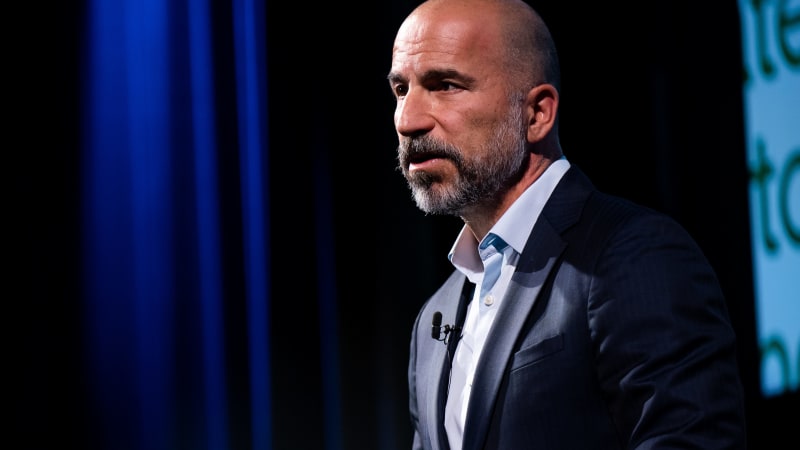BYD will set up a joint venture with a local conglomerate to build a sodium-ion battery production base in Xuzhou, Jiangsu province.

(Image credit: Huaihai Holding Group)
BYD (OTCMKTS: BYDDY) will set up a joint venture with a local conglomerate to build a sodium-ion battery production base, the first time we've seen it move forward in building capacity for this alternative to lithium batteries.
Huaihai Holding Group and BYD's battery unit FinDreams signed a strategic cooperation agreement at BYD's Shenzhen headquarters on June 8, according to a press release from Huaihai yesterday.
The two parties will establish a joint venture to build a sodium-ion battery production base in Xuzhou Economic and Technological Development Zone in Jiangsu province to jointly create the world's largest supplier of sodium battery systems for micro vehicles, according to the press release.
Huaihai will provide its resources including markets and application scenarios, and FinDreams will provide products and services, the release said.
Huaihai said it sees the tremendous economic and social value of sodium batteries and began its involvement in the industry years ago with a strategic investment in sodium-ion battery startup Natrium.
Huaihai and FinDreams will expand demand for mini-vehicle batteries nationwide and globally, centered on Xuzhou, it said.
Huaihai's press release provided no further details. The company was founded in 1976 and has operations in small vehicles, electric vehicles, parts and components, and financial services.
Since last November, there have been several rumors that BYD's sodium-ion battery would be in mass production in 2023 and that the first model to carry the battery would be the Seagull.
However, none of these rumors have been confirmed by BYD. BYD launched the Seagull on April 26 with a starting price of RMB 73,800 ($10,350), though no version with the sodium battery is yet available.
On February 23, battery maker Hina Battery unveiled three sodium-ion battery cell products and announced a partnership with Anhui Jianghuai Automobile Group Corp (JAC).
Hina Battery and Sehol -- a joint venture brand between JAC and Volkswagen Anhui -- jointly built a test vehicle with sodium-ion batteries based on the latter's Sehol E10X model.
On April 16, CATL announced that its sodium-ion batteries will first be used in Chery's models. CATL unveiled its first-generation sodium-ion batteries on July 29, 2021, saying that the energy density of the cells alone has reached 160Wh/kg.
On April 20, local media 36kr reported that CATL's and BYD's sodium-ion batteries will both be installed in production vehicles this year, and they will both be a mix of sodium-ion and lithium-ion batteries.
Sodium-ion batteries currently have lower energy density than lithium-ion batteries, but cost less and sodium resources are seen as more abundant and readily available.
In the past two years, as lithium prices continue to rise sharply, sodium-ion batteries are highly anticipated.
However, since the beginning of this year, with the continued decline in lithium prices, sodium-ion batteries are seen as having a reduced cost advantage.
Sodium-ion's abundant resource reserves are difficult to quickly translate into cost advantages, and when the cost of lithium iron phosphate batteries is rapidly declining, automakers are hardly motivated to choose to carry sodium-ion batteries in the short term, the China Passenger Car Association (CPCA) said in a report on May 22.
($1 = RMB 7.1286)
CATL, BYD's sodium-ion batteries both to be in mass production within this year, report says
The post BYD to build sodium-ion battery production base in Xuzhou appeared first on CnEVPost.
For more articles, please visit CnEVPost.








